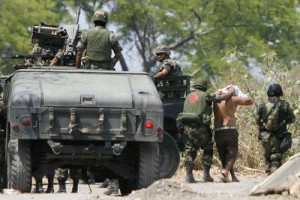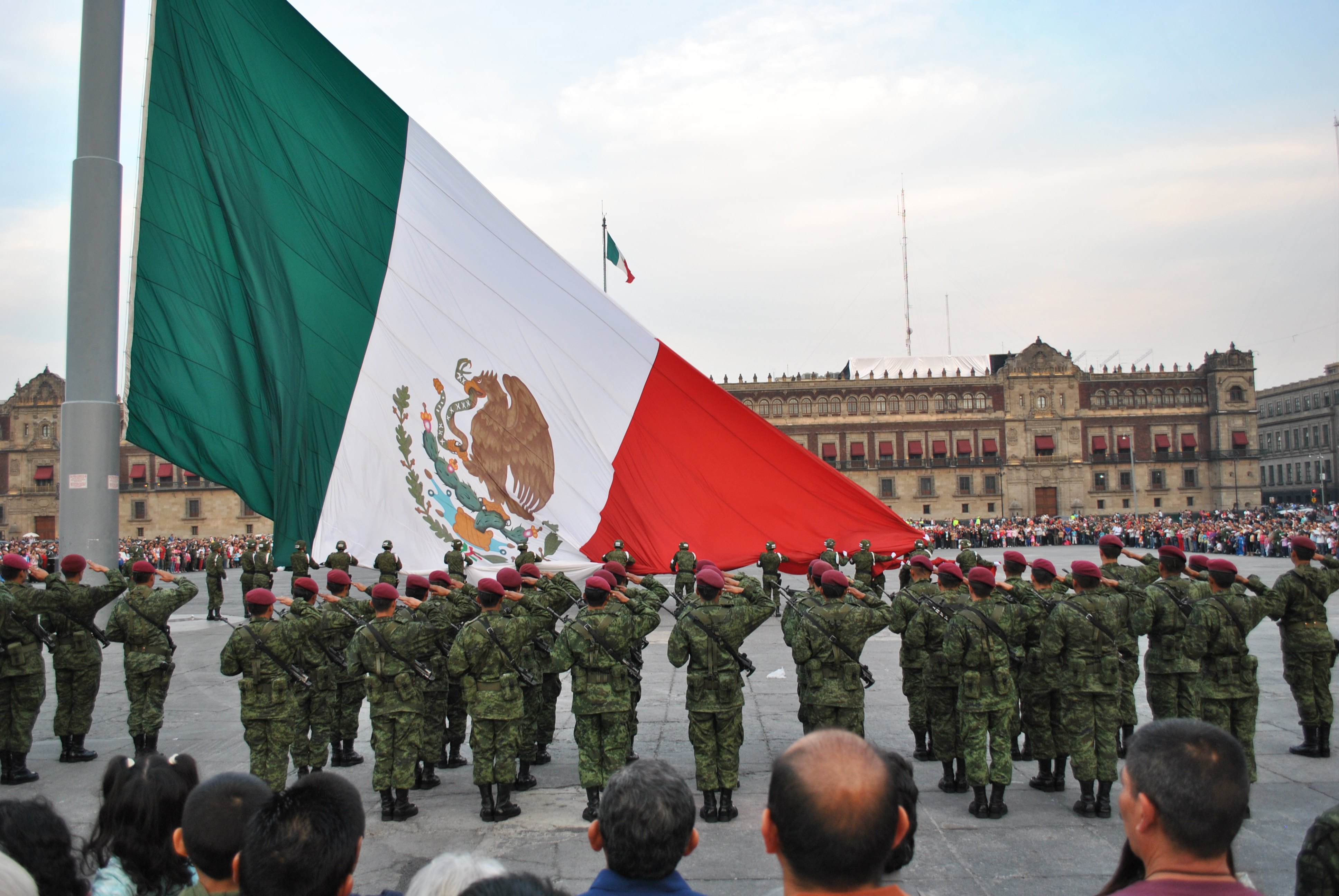On May 1, 2015, a Mexican military helicopter was fired upon, killing three soldiers and injuring ten more along with two federal police officers. This was part of the widespread violence that took place in the state of Jalisco over the May Day Long Weekend when eleven banks and five gas stations were firebombed and dozens of buses and trucks were stolen and set on fire on major roadways in order to create chaos. This violence can be attributed to the Jalisco Nueva Generación, or New Generation Jalisco Cartel that emerged roughly five years ago and has since grown massively in both size and power. JNG represents a new force in the Mexican Drug Wars and seriously threatens progress the Mexican government has been making in its recent attempts against the cartels littered throughout the country.
Since Enrique Peña Nieto assumed the presidency in late 2012 his government appears to have made tremendous progress against drug cartels. In two and a half years he led a strategy that caught 93 of Mexico’s most wanted criminals and security seemed to be slowly returning to former high conflict zones such as Ciudad Juarez and Monterrey. The capture of all these kingpins disrupted the power structure between the cartels and caused them to lose power in certain regions. This environment has allowed for new groups to emerge which is where the JNG cartel comes in. Originally it was part of the Sinaloa cartel in Guadalajara, guarding cartel leaders and their families who lived in the city. Five years ago JNG broke away from the Sinaloa cartel after the death of one of the main cartel leaders Ignacio “Nacho” Coronel caused a power struggle in the city.
 JNG emerged the winner along with an ally, the Milenio Cartel. They quickly established dominance in Jalisco thanks to the relative stability of the Jalisco state and the lack of other cartels in the area. Thanks to the time spent in the Sinaloa cartel, the JNG Cartel was experienced in drug dealing and quickly became successful in the business which allowed it to grow in other states such as Michoacán, Nayarit, Colima, and Guerrero. This group has not shied away from armed conflicts with other cartels or with the Mexican military. It is a strong and coordinated group that has grown into a powerful cartel that has become a growing problem for the Mexican government.
JNG emerged the winner along with an ally, the Milenio Cartel. They quickly established dominance in Jalisco thanks to the relative stability of the Jalisco state and the lack of other cartels in the area. Thanks to the time spent in the Sinaloa cartel, the JNG Cartel was experienced in drug dealing and quickly became successful in the business which allowed it to grow in other states such as Michoacán, Nayarit, Colima, and Guerrero. This group has not shied away from armed conflicts with other cartels or with the Mexican military. It is a strong and coordinated group that has grown into a powerful cartel that has become a growing problem for the Mexican government.
The JNG Cartel has become more brazen in its recent attacks on military and police forces. On March 19, 2015, the cartel killed five soldiers and on April 6, 2015 it attacked a police convoy between Puerto Vallarta and Guadalajara, killing 15 police officers, in addition to the The May Day attacks. Cartels rarely launch attacks of such ferocity against the government. Under normal circumstances cartels fire on police or military forces only when they are escaping, or during a raid, but never in a full scale attack such as the ones that the JNG launched. The Nueva Generación Jalisco has become so powerful that the Mexican government has committed to renewed military strength in Jalisco in order to fight the growing influence of the group in the state. This will be a rather difficult endeavor since the group has a large array of advanced firepower and is rumoured to have infiltrated the authorities.
While the government has shown that it is willing to enter in to a prolonged battle against the drug cartels, this does not mean that it will manage to stamp out the drug cartel problem in the country. JNG came to power in an environment where kingpins were being arrested, creating a power vacuum that they could fill. Taking out the JNG will only create the same sort of situation that will be repeated. President Peña Nieto will need to do more than just imprison the heads of cartels if he is going to have any hope of bringing peace to Mexico.




